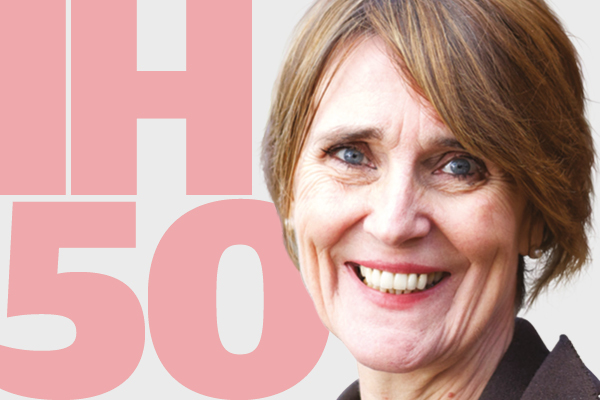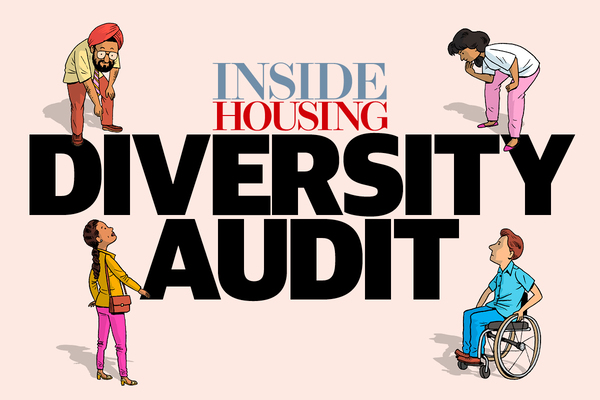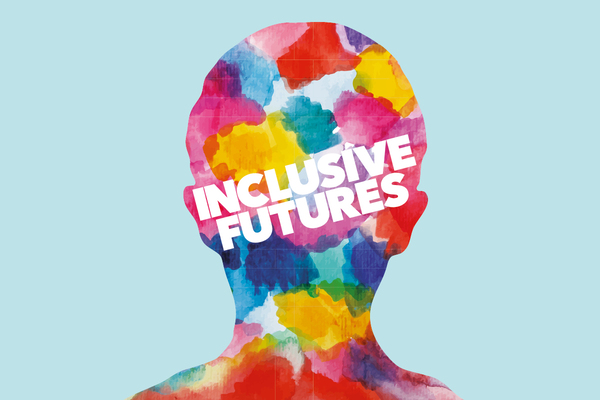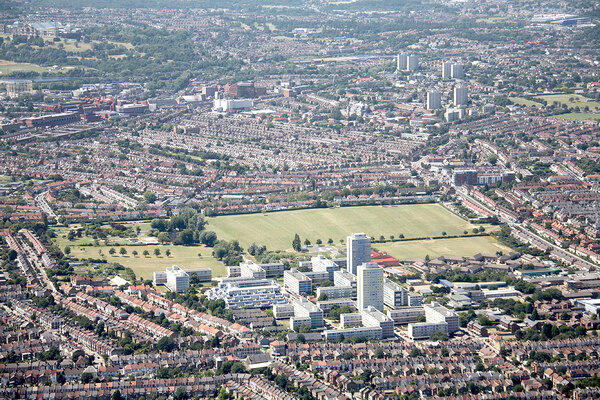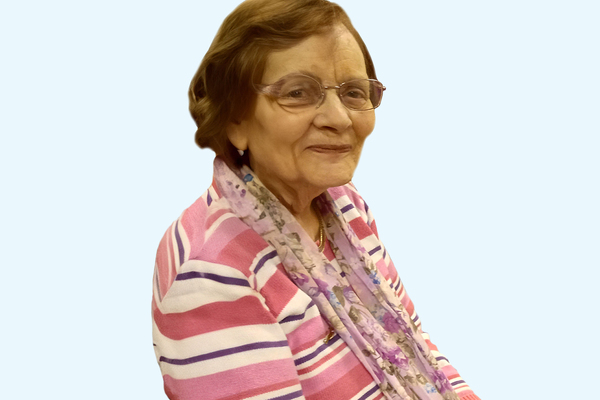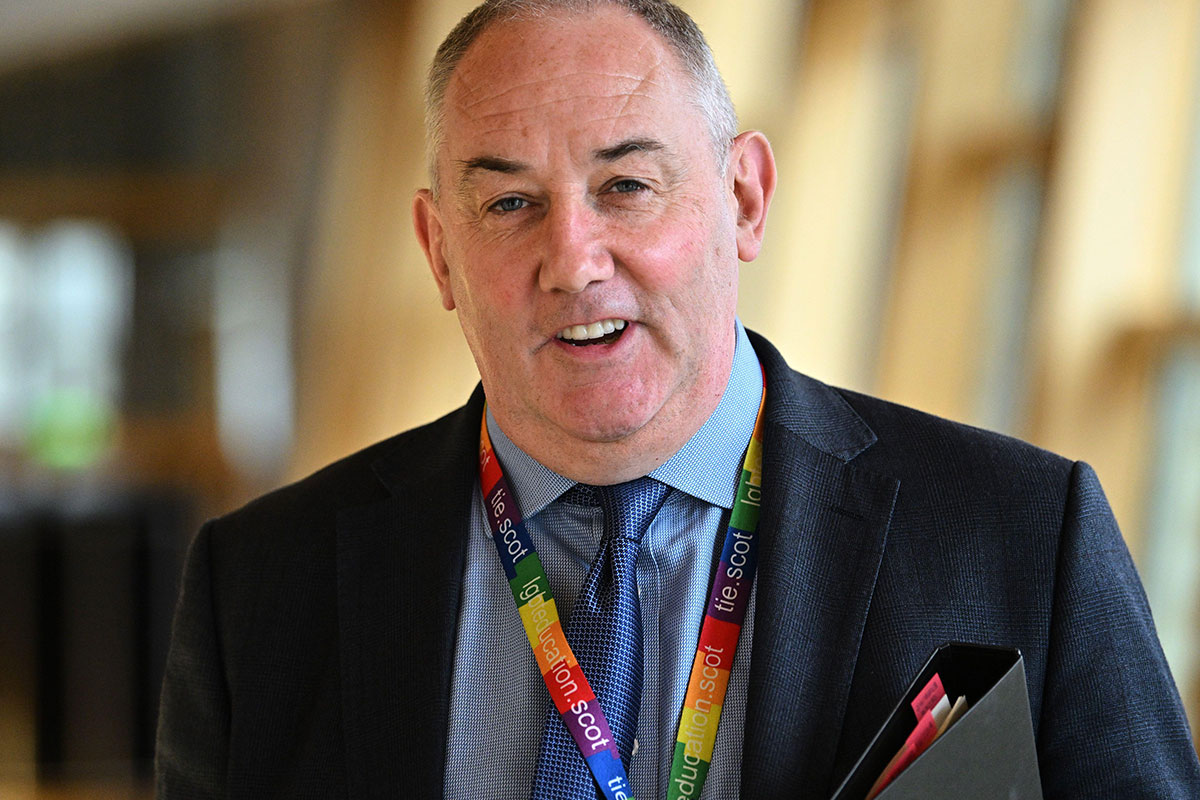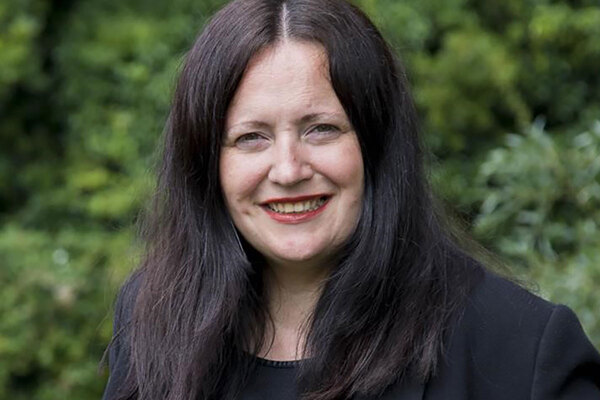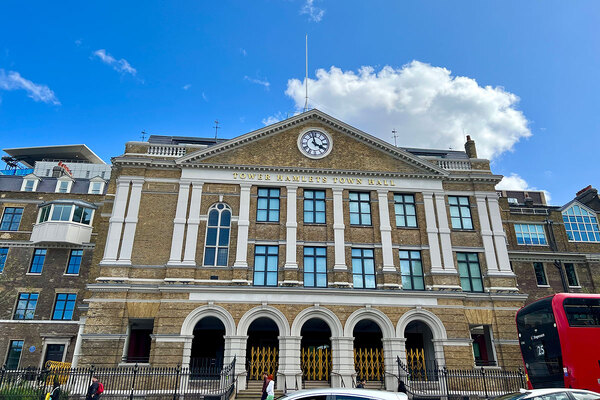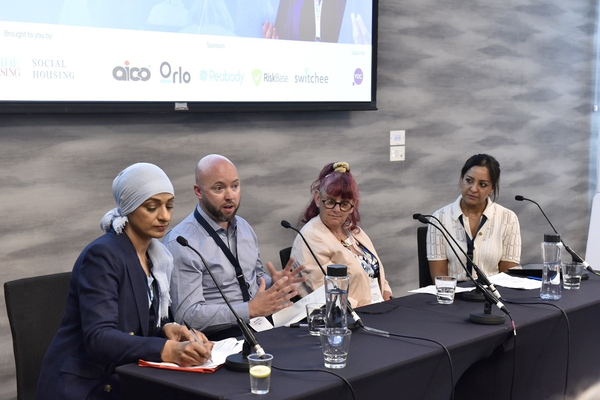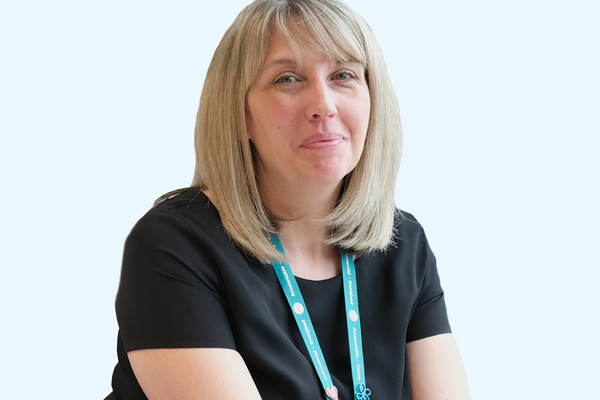You are viewing 1 of your 1 free articles
 Joanne Roney OBE
Joanne Roney OBEPride in our planned LGBT extra care scheme
Manchester City Council has chosen a location for what is believed to be the UK’s first LGBT extra care scheme. Joanne Roney explains more about the plans
Manchester has been synonymous with championing LGBT rights for decades and continues a proud history of pioneering support for the LGBT community.
For this reason, we are incredibly proud that the south Manchester neighbourhood of Whalley Range will be home to the UK’s first LGBT extra care scheme (pending planning permission) – offering support for older LGBT people with affordable housing where they can receive the care they require onsite.
In 2013, the city council commissioned research through the LGBT Foundation that indicated higher levels of loneliness and isolation among older LGBT people, and a lack of specific affordable accommodation where they can be open about their identity later in life.
Manchester’s LGBT population is growing, and more than 7,000 people over the age of 50 identify as LGBT across the city.
“Although society has become more LGBT friendly, discrimination does still exist”
The number of LGBT people over the age of 65 is expected to rise significantly in the next 20 years.
These pioneers have faced discrimination during their lifetimes and although society has become more LGBT friendly, discrimination does still exist.
Older LGBT people tell us that as they grow older they can fear prejudice, particularly in relation to their needs and this scheme will offer access to care onsite while remaining completely independent.
For many years, we have been investigating how we can fill this demand and as the city expands its extra care footprint, this type of accommodation has become the best way to meet the demand for LGBT specific housing where those older people will not face prejudice for their sexuality or gender identity.
For us, this means myth busting what extra care really is.
Extra care schemes are not retirement villages, but quality housing for older people who want to retain their independence with the care facilities should they need them.
“This type of accommodation has become the best way to meet the demand for LGBT specific housing where those older people will not face prejudice for their sexuality or gender identity”
Extra care developments in Manchester also have community facilities: onsite restaurants and cafes, hairdressers and other services, so residents can take a participatory role in the scheme and feel part of a like-minded group of people, while remaining outward facing in the community they live in.
Many extra care residents still have jobs and have active lifestyles, but live in a welcoming and supportive community that allows them to grow older in a positive way. And although this scheme has a focus on LGBT people, it will be available to anyone over the age of 55.
The populations of our cities are ageing and older people are staying in their family homes for longer. Investing in this type of follow-on accommodation frees up family homes and social housing that is then made available for the next generation of Mancunians to build their lives in.
Across the city we are investing in specific housing options that better support our residents and their needs.
Extra care is only one strand of this ambition, which will see more than 500 homes built in the next few years specifically for older people.
There are also four developments underway to support people with learning disabilities that will offer around 70 new apartments in the next three years with communal spaces and 24/7 support, while allowing residents to remain as independent as possible.
These homes will be highly adaptable to fit the changing care needs of residents without specific and costly adaptations for each new person making their home at the scheme.
“Across the city we are investing in specific housing options”
Our next ambition is to work with a social housing provider on a specialist dementia scheme, meeting increasing demand in this area of care.
A key part of our housing strategy is to deliver affordable housing products that meet our residents’ needs, it’s vital that we expand our thinking wider than standard housing types and plan ahead with innovation and an understanding of what housing is needed.
I look forward to following these schemes as they move through planning and build, to welcoming the first lucky residents.
It’s pioneering projects such as this that make me incredibly proud to live in and work for Manchester City Council.
Joanne Roney, chief executive, Manchester City Council
The Inside Housing Diversity Audit: how diverse has our coverage been?
The media plays a key role in championing diverse role models, so we designed a project to measure Inside Housing’s track record.
Inclusive Futures
Inside Housing’s Inclusive Futures campaign aims to promote and celebrate diversity and inclusion.
We are pledging to publish diversity audits of our own coverage.
We are also committed to proactively promoting positive role models.
We will do this through the pages of Inside Housing. But we will also seek to support other publications and events organisations to be more inclusive.
Our Inclusive Futures Bureau will provide a database of speakers and commentators from all backgrounds, for use by all media organisations.
We are also challenging readers to take five clear steps to promote diversity, informed by the Chartered Institute of Housing’s diversity commission and the Leadership 2025 project.
INSIDE HOUSING’S PLEDGES
We will take proactive steps to promote positive role models from under-represented groups and provide information to support change.
We pledge to:
Publish diversity audits: We will audit the diversity of the commentators we feature. We will formalise this process and publish the results for future audits twice a year.
Promote role models: We will work to highlight leading lights from specific under-represented groups, starting in early 2018 with our new BME Leaders List.
Launch Inclusive Futures Bureau: We will work with the sector to compile a database of speakers, commentators and experts from under-represented groups. The bureau will be available to events organisers, media outlets and publications to support them to better represent the talent in the sector.
Take forward the Women in Housing Awards: Inside Housing has taken on these successful awards and will work to grow and develop them.
Convene Inclusive Futures Summit: Our new high-level event will support organisations to develop and implement strategies to become more diverse and inclusive.
THE CASE FOR CHANGE
34%
of housing association chief executives are female
1%
of housing association executives have a disability
1.6%
of housing association board members are LGBT
Women make up 46% of the UK workforce, but Inside Housing research found that they are under-represented on housing association boards (36%), executive teams (39%) and among chief executives (34%).
Almost a fifth of working-age adults have a disability (18%), yet associations reported only 1% of executives and 4.5% of board members with a disability. Many were unable to provide details.
Nationwide, 14% of the working-age population come from a BME background, climbing to 40% in London and Birmingham. Yet our research found that 6.8% of board members identified as BME, compared with 4.5% of executives.
Statistics on representation of LGBT people in the workforce are in short supply, but official statistics suggest that 2% of the total UK population identify as lesbian, gay or bisexual, rising to 4.1% for 16 to 24-year-olds. Our survey found that 1.6% of board members and 10 executives were LGBT – but most organisations were unable to provide figures.


